Breaking
- MENU
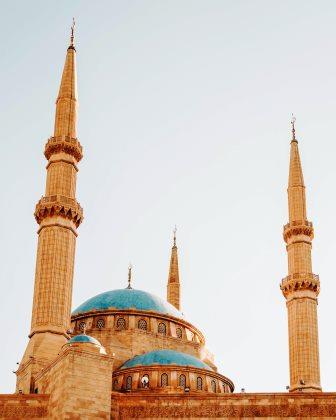
The fifth MEI Speaks held on 15 July 2020 was a talk on How Corruption Produced a Failed State in Lebanon by Dr. Joseph Kechichian, King Faisal Center for Research and Islamic Studies, Riyadh and was moderated by Dr. Muddassir Quamar, Associate Fellow, Manohar Parrikar Institute for Defence Studies and Analysis, New Delhi.
Dr. Kechichian began with his personal experience of witnessing the collapse of Lebanese state. For him, Lebanon suffers from systemic corruption ever since the declaration of Greater Lebanon by the French on 1 September 1920. He identified three major areas of corruption; economic, political and religious institutions. On the issue of economic corruption, he pointed at the sectarian driven system in Lebanon, where 18 recognized communities contest for their own share, is undermining the state. Competence is not a requirement for success in Lebanon but one’s religious-sectarian affiliation.
Furthermore, the government of Lebanon earns its revenue from various taxes; land registration being a major source. Other dominant sources include import taxes that are collected at harbours and airport. Corruption is pervasive and deeply entrenched even in agricultural sector. The corrupt system in Lebanon, he said, serves every community so that no one could complain and because of these ingrained practices government loses revenues. Concentration of wealth is another issue in Lebanon, where around 4,000 families control over 90 percent of the national wealth. There is no accountability and transparency when it comes to annual budget.
On the issue of political corruption, Dr. Kechichian argued that it jeopardizes the armed forces. Bribery at military academies are common and influential families bribe their way to get their kids recruited in the forces. Political bribery inflicts even the parliament. Same faces get repeatedly re-elected with bizarre combinations of alliances and votes are bought for a price. He further elucidated that the international agencies like International Monetary Fund (IMF) are willing to pledge US$10 billion to Lebanon along with certain conditions. According to him, Hezbollah (party of God), a Shiite party, stands tall in the matter of political corruption. The pro-Iranian group armed to its teeth pursues Iranian military and political agendas. It does not have the support of vast majority of Lebanese. It is a very corrupt institution as it smuggles dollars to Syrian government, a major ally of Hezbollah.
On the issue of corruption in religious institutions, Dr. Kechichian clarified that the problem is not isolated to one group or community and afflicts institutions and clergy of all faiths and is pervasive especially because of the clergy’s interference in politics. He estimated that approximately 40 percent of the land in Lebanon does not belong to its people, but Christian and Islamic institutions. These institutions earn money from these lands and though they also help the poor, land owning has enabled them to wield influence. Maronite Church is the largest landowner of Lebanon, controlling over 23 percent of its land. Muslim clergies get monthly stipend from the Lebanese government. He underlined the growing poverty and suicide rates in Lebanon with about 500,000 Lebanese receiving financial and food assistance on a daily basis, with situation turning more dreadful in the North. He ended his talk on a pessimistic note, as for him future of Lebanon stands bleak.
The discussion was followed by a lively Q&A session. On the question of the possibility of Lebanon going bankrupt and the status of foreign grants in Lebanese economy, he responded by mentioning that earlier Lebanon used to receive US$7-8 billion from the Gulf countries as remittances. Around 600,000 of its people, mostly youth, work in the Gulf countries. The incoming money made it possible for depositors to get higher rate of interest on their deposits, in any Lebanese Bank. But, as of now, the system has collapsed, and the possibility of higher remittances in future is grim. According to him, Lebanon is already a bankrupt country. On the question of IMF relief package and political preference of Hezbollah for a Chinese plan over IMF, he replied that IMF is ready for conditional support, but the pace of reforms in the country is discouraging. Hezbollah, reluctantly agreed for IMF assistance, but with its own conditions.
Hassan Nasrallah, the Secretary-General of Hezbollah, was on record for his support for Chinese assistance. On this, Dr. Kechichian argued that China is driven by self-interest, and it will assist Lebanon, so long as it serves its interest. He also argued that Saudi Arabia has made huge contributions to Lebanon, but the growing influence of Iran will make it difficult for Saudi Arabia to assist Lebanon.
Finally, Honorary Director MEI@ND concluded the session and thanked all the guests and participants.
As part of its editorial policy, the MEI@ND standardizes spelling and date formats to make the text uniformly accessible and stylistically consistent. The views expressed here are those of the author and do not necessarily reflect the views/positions of the MEI@ND. Editor, MEI@ND: P R Kumaraswamy
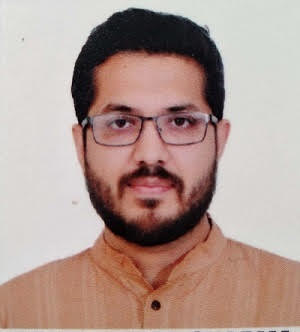
Rohit Kumar Sharma is a research scholar in Centre for West-Asian Studies, JNU. He is a law graduate and holds a master’s in international relations from South Asian University and his master’s dissertation examined the Hindutva discourse on Israel. Currently, he is working on Evolution of Cyber Security in Israel for his M Phil degree.
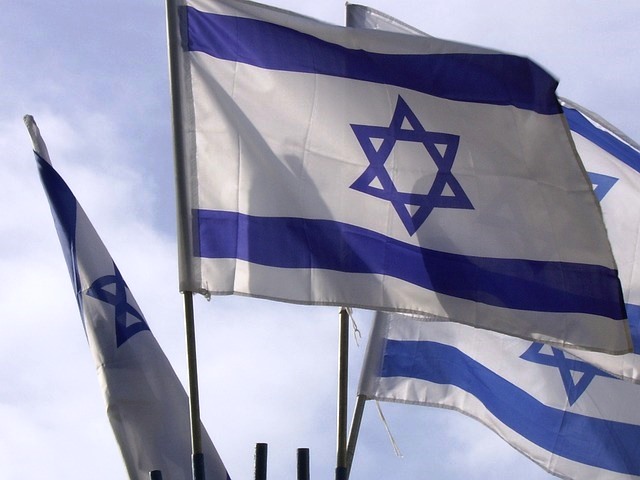
After being in the news for years and most of it for the wrong reasons, Shalev Hulio, co-founder and.....
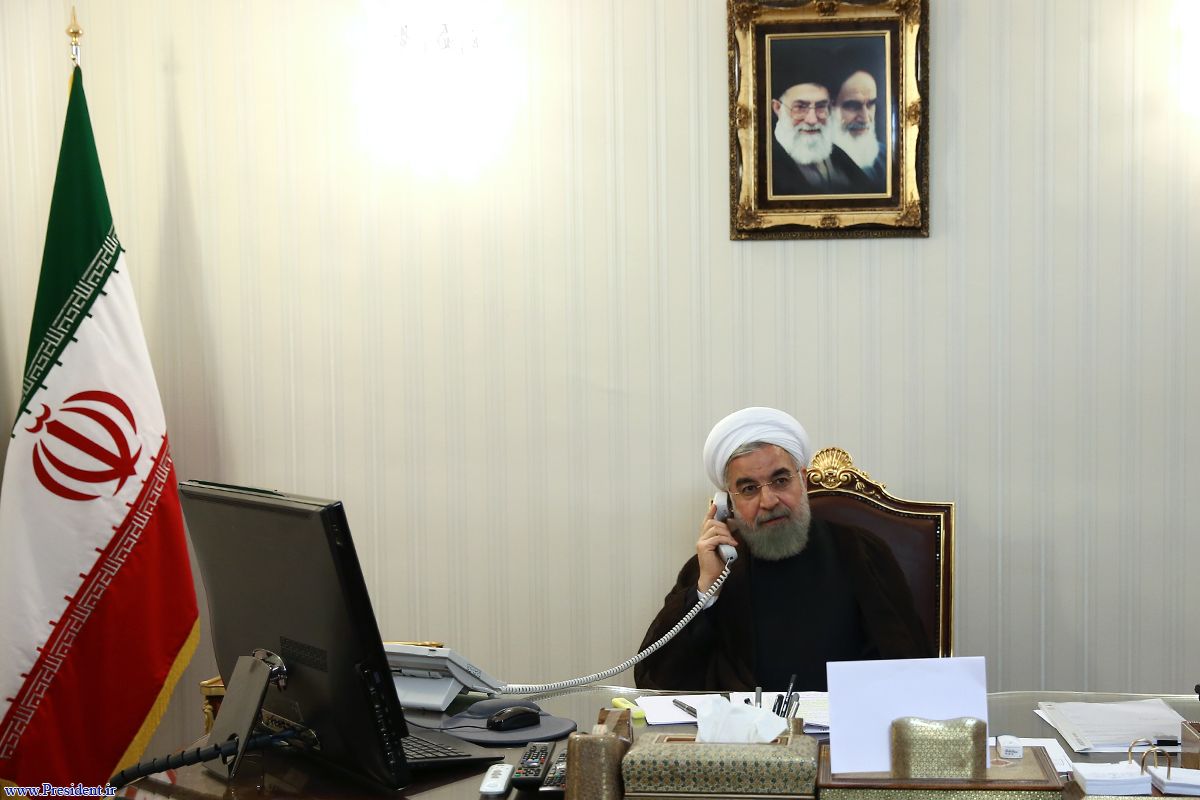
©MEI Exclusive In the recent 11-day Israeli-Palestinian armed conflict both sides reported a.....
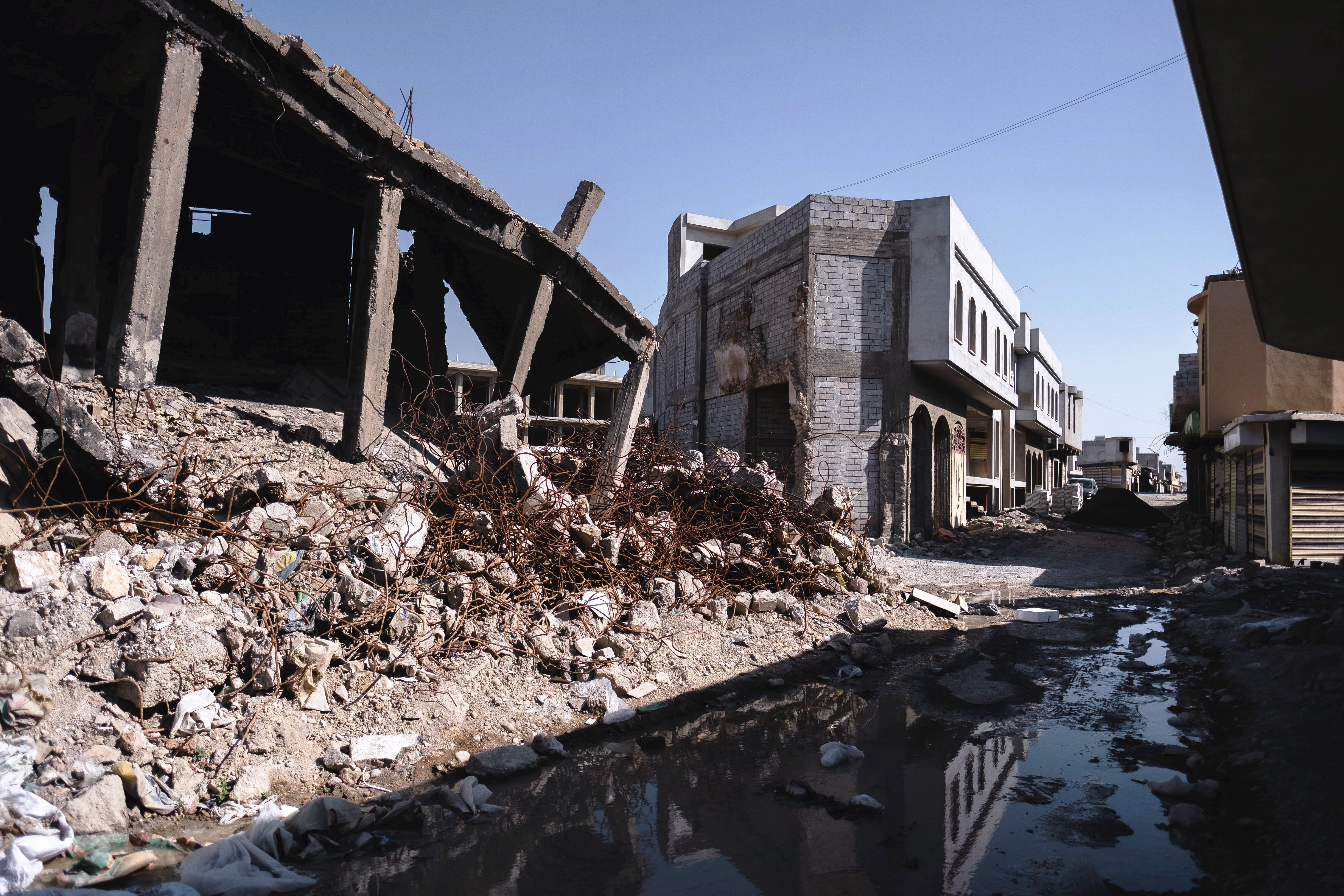
The twelfth MEI Speaks held on 16 September 2020 was a book discussion on Islamism, Crisis and Democ.....
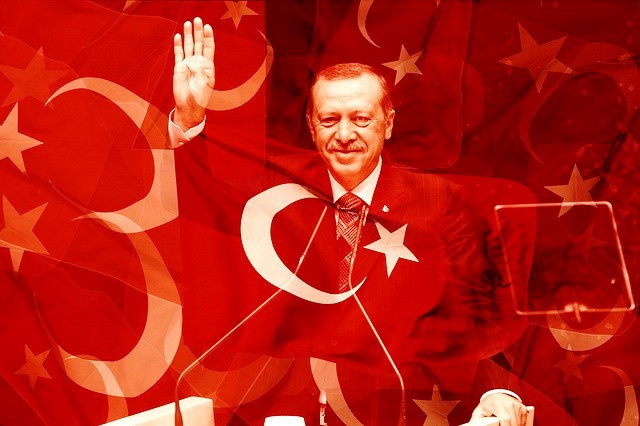
The eleventh MEI Speaks held on 9 September 2020 was a book discussion on Erdogan’s Turkey: Po.....
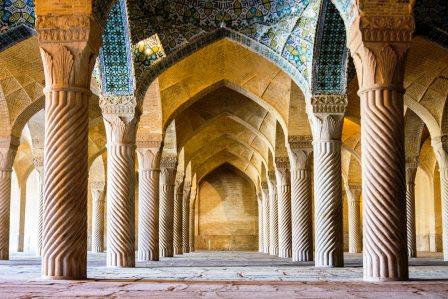
The tenth online MEI Speaks held on 2 September 2020 was a talk on Challenges Ahead: The Future of I.....

The ninth MEI Speaks on 26 August 2020 was a talk on Israel’s Bridge to the Gulf by Mr. Jason .....

The eighth MEI Speaks held on 19 August 2020 was a book discussion by Professor Meron Medzini on his.....

The fourth online MEI Speaks held on 8 July 2020 was a talk on Israel’s Annexation Plans by Dr.....
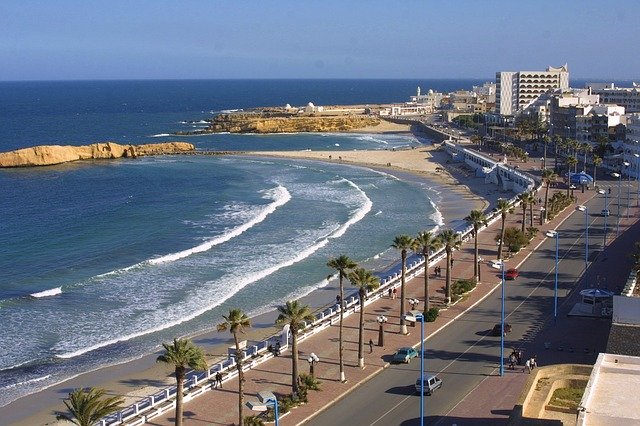
The third online MEI Speaks held on 1 July 2020 was a Discussion on Dr. Sean Foley’s Changing .....
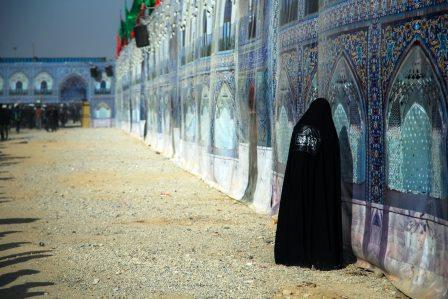
As part of MEI Speaks, the Middle East Institute (MEI@ND) organized its first online Book Discussion.....

As part of its outreach programme, on 10 June 2020, the Middle East Institute (MEI@ND) has lau.....
